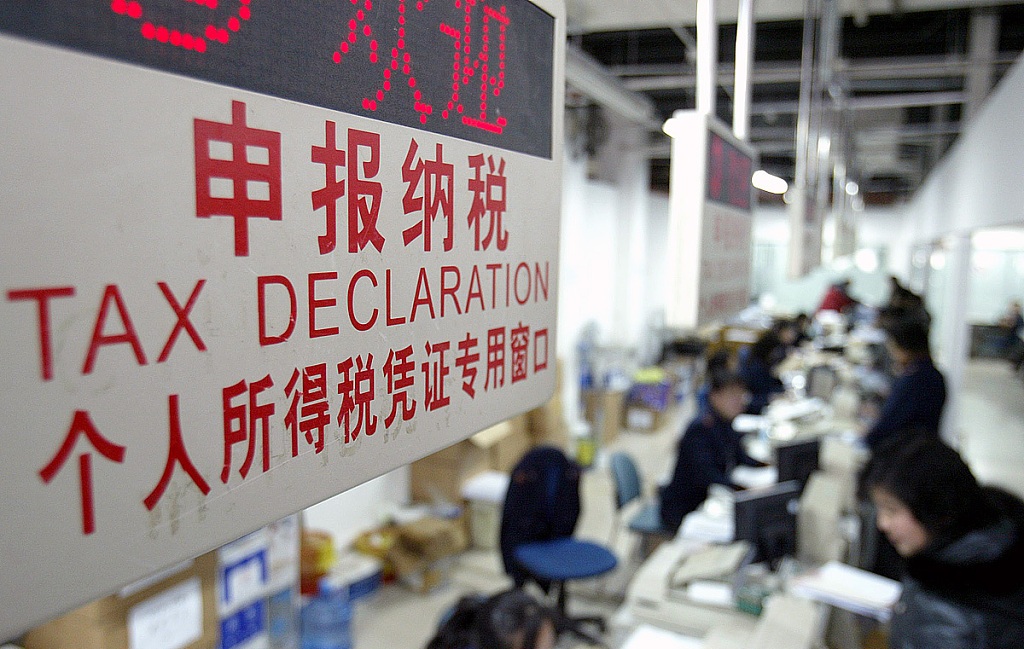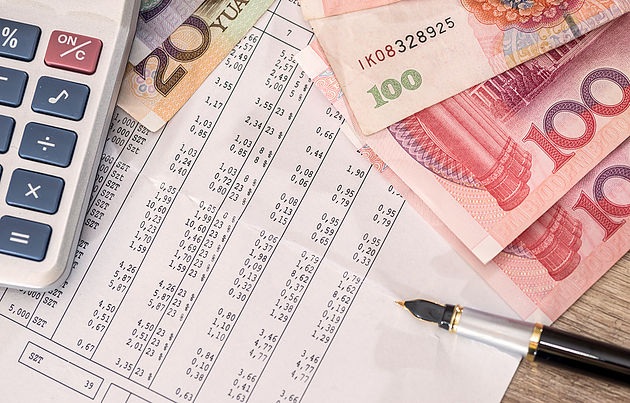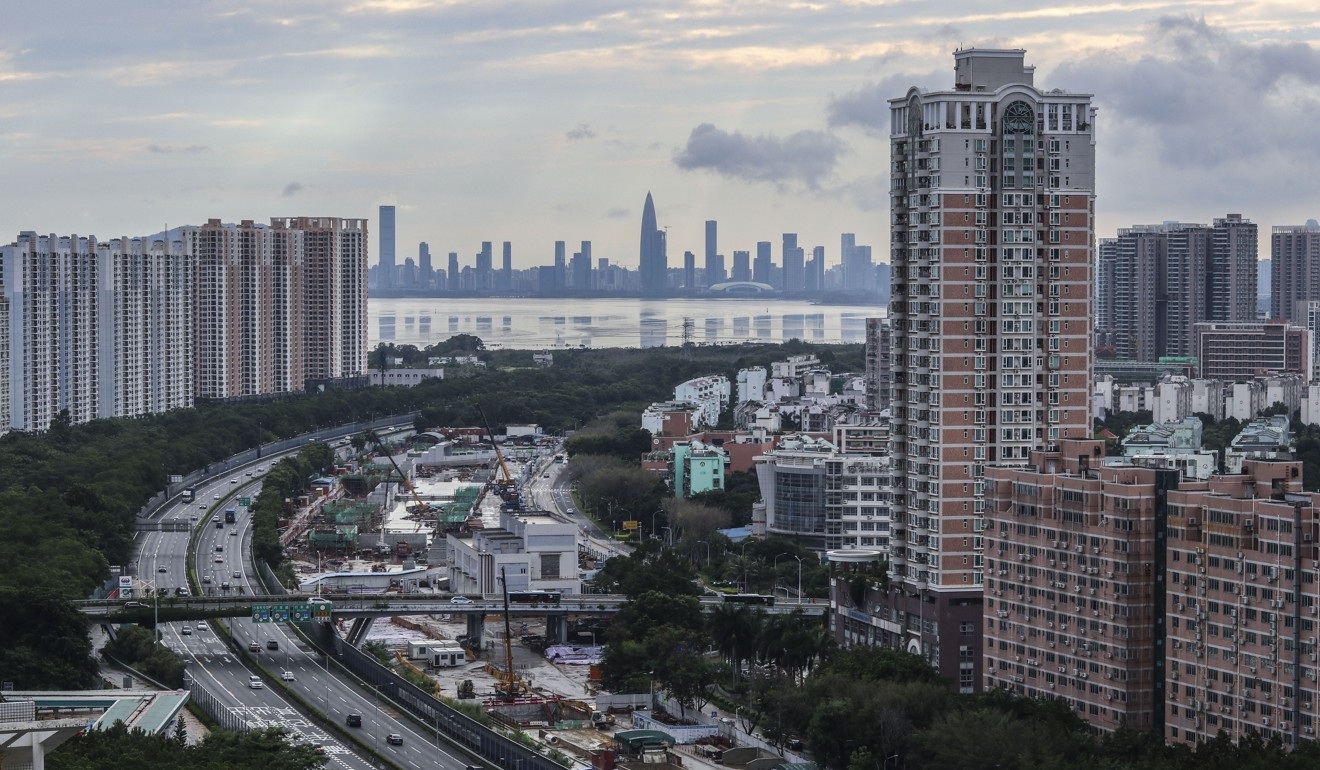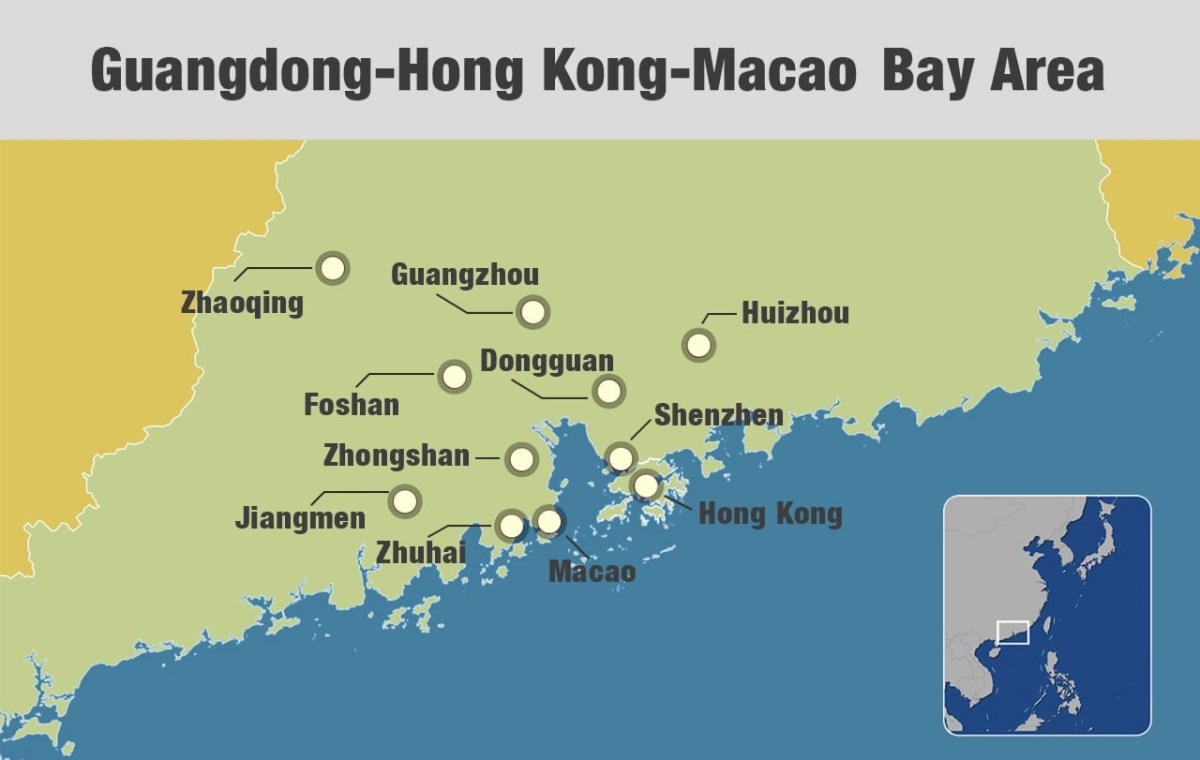Regulations on Individual Income Tax (IIT) to improve the talent mobility
By Kelvin, PwC
 个人所得税法规(IIT)提高人才流动性
个人所得税法规(IIT)提高人才流动性
在2019年3月1日举行的粤港澳大湾区发展领导小组第二次全体会议中,针对居住在中国的外国人提出了以下两项新规定:1 )抵达当天,出发当天以及当天旅行将不算作在内地居住的日子; 2)广东省的9个城市将向海外高端人才和短缺人才提供个人所得税优惠政策。 2019年3月14日,财政部和国家税务总局(SAT)发布了3份通知,即:关于确定居住在中国的外国人居住日标准的公告(财政部,国家税务总局公告[2019]第34号,以下简称“第34号公告”),关于非居民和在内地没有住所的居民的个人所得税政策的公告(财政部,国家税务总局公众)通知[2019]第35号,以下简称“第35号公告”)和关于粤港澳大湾区优惠个人所得税处理的通知(财税[2019]第31号,以下简称“财税第31号”)。这三份通告自2019年1月1日起生效。
在之前中国税务和商业新闻第11期中,我们初步讨论了会议提出的两项措施的范围和不明确的问题。在第13期中,我们通过发布第34号公告和第35号公告进一步分析了个人所得税的含义。在本期中,我们将继续讨论这三份通告对居住在中国的境外人士的个人所得税的影响。
细节如下
1.根据公告第34号的规定居住在内地的天数规定的新标准
1.1确定内地税务居留身份的新标准
第34号公告规定,如果一个人一天24小时在内地居住,则该日应计入在内地居住的一天;如果个人在一天内在内地居住时间少于24小时,则该日不应算作居住在内地的日子。理解“24小时”是指从上午0:00到下午24:00的时间段。
1.2根据个人所得税法,新标准适用“在内地居住不超过90天的个人所得税豁免待遇”
根据第34号公告所规定的新政策,在纳税年度内在内地居住不超过90天,其工资和薪金来自内地并由其海外雇主支付,而非由雇主所在的机构或地方承担。在内地,有免除个人所得税。
1.3根据双重征税协定,新标准不适用于“不超过183天在场的个人所得税豁免待遇”
对于通常居住在香港或澳门并受雇于香港或澳门雇主的外国人,如果根据新政策规定,他们被要求经常在内地旅行并在纳税年度内在内地居住超过90天在公告34中,根据个人所得税法,他们不能享受“在内地居住不超过90天的个人所得税豁免待遇”。
2.第35号公告的影响
第35号公告中包含的政策变更也会对在粤港澳大湾区工作的外国人产生影响。有关以下问题的详细分析,请参阅我们的中国税务和商业新闻快讯第13期:
3.财税第31号:个人所得税退税政策将在广东省粤港澳大湾区的9个城市实施
此外,第34号公告和第35号公告适用于所有外国人,包括但不限于在粤港澳大湾区工作或前往粤港澳大湾区的人。财税第31号仅适用于广东省9个城市的海外高端人才和供不应求的人才。
这三个通告同时生效将对粤港澳大湾区跨境工作的外国人的个人所得税责任产生巨大影响。雇主和雇员应根据其具体的业务模式,就业安排以及劳务派遣策略,对内地,香港和澳门的个人和公司税可能产生的影响进行全面分析,并评估是否需要调整目前的就业安排和员工在不同地点的工作时间表等。
关于财税31号的个人所得税退税政策的实施,我们将密切关注任何后续发布的规定,并及时与您分享我们的意见。
 In the second plenary meeting (“the Meeting”) of the leading group for the development of the Guangdong-Hong Kong-Macao Greater Bay Area ("GBA") held on 1st of March, 2019, the following two measures were proposed: 1) the day of arrival, the day of departure, as well as same-day trip will not be counted as a day of residing in the Mainland; and 2) 9 cities in Guangdong Province will provide IIT rebate to overseas high-end talents and talents in short supply (collectively “qualified overseas talents”) (the “IIT rebate policy”). On 14th of March, 2019, the Ministry of Finance (MoF) and the State Administration of Taxation (SAT) issued 3 circulars, namely: the Public Notice Regarding the Criteria for Determining the Days of Non-China-Domiciled Individuals Residing in China (the MoF, SAT Public Notice [2019] No.34, hereinafter referred to as "Public Notice 34”), the Public Notice regarding IIT Policies for Non-Resident Individuals and Resident Individuals without a Domicile in the Mainland (the MoF, SAT Public Notice [2019] No. 35, hereinafter referred to as "Public Notice 35”), and the Notice Regarding Preferential IIT Treatment for the GBA (Caishui [2019] No.31, hereinafter referred to as "Caishui No. 31”). All three circulars take effect from 1st of January, 2019.
In the second plenary meeting (“the Meeting”) of the leading group for the development of the Guangdong-Hong Kong-Macao Greater Bay Area ("GBA") held on 1st of March, 2019, the following two measures were proposed: 1) the day of arrival, the day of departure, as well as same-day trip will not be counted as a day of residing in the Mainland; and 2) 9 cities in Guangdong Province will provide IIT rebate to overseas high-end talents and talents in short supply (collectively “qualified overseas talents”) (the “IIT rebate policy”). On 14th of March, 2019, the Ministry of Finance (MoF) and the State Administration of Taxation (SAT) issued 3 circulars, namely: the Public Notice Regarding the Criteria for Determining the Days of Non-China-Domiciled Individuals Residing in China (the MoF, SAT Public Notice [2019] No.34, hereinafter referred to as "Public Notice 34”), the Public Notice regarding IIT Policies for Non-Resident Individuals and Resident Individuals without a Domicile in the Mainland (the MoF, SAT Public Notice [2019] No. 35, hereinafter referred to as "Public Notice 35”), and the Notice Regarding Preferential IIT Treatment for the GBA (Caishui [2019] No.31, hereinafter referred to as "Caishui No. 31”). All three circulars take effect from 1st of January, 2019.
In the previous China Tax and Business News Flash Issue 11, we preliminarily discussed the eligible scope and unclear issues of the two measures proposed in the Meeting. In Issue 13, we further analysed the IIT implication with the release of Public Notice 34 and Public Notice 35. In this Issue, we will continue our discussion on the IIT impact brought by these three circulars on non-China-domiciled foreign individuals, who are required to travel across the borders in the GBA, including the IIT rebate policies.
 In detail
In detail
1. New criteria for determining the number of days residing in the Mainland as stipulated in Public Notice 34
The tax residency status of a foreign individual (including Hong Kong and Macao citizens) and his/her IIT liability in the Mainland depend on the number of days that he/she resides in the Mainland.
1.1 New criteria for the determination of the tax residency status in the Mainland
As we discussed in Issue 11, Public Notice 34 stipulates that if an individual is physically present in the Mainland for 24 hours in one day, that day should count towards a day of residing in the Mainland; if an individual is physically present in the Mainland for less than 24 hours in one day, that day should not be counted as a day of residing in the Mainland. We understand that the “24 hours” refers to the period of time from 0:00 am to 24:00 pm of a calendar day.
 For example, Mr Li is a Hong Kong citizen who does not have a domicile in the Mainland and is employed by a company in Shenzhen. Mr Li goes to work in Shenzhen from Hong Kong every Monday morning, and returns to Hong Kong every Friday night (before 24:00 pm). He does not travel to the Mainland on weekends. There are 52 weeks in a year:
For example, Mr Li is a Hong Kong citizen who does not have a domicile in the Mainland and is employed by a company in Shenzhen. Mr Li goes to work in Shenzhen from Hong Kong every Monday morning, and returns to Hong Kong every Friday night (before 24:00 pm). He does not travel to the Mainland on weekends. There are 52 weeks in a year:
• Under the previous counting method (i.e., the day of arrival, the day of departure, as well as any other day(s) when a same-day trip(s) was (were) taken should be counted as one day), Mr Li resides in the Mainland for 260 days (5 days per week*52 weeks) per year, which exceeds 183 days. Therefore Mr Li is considered as a resident individual in the Mainland, and he needs to spend more than 30 consecutive days within the same tax year outside the Mainland in any six consecutive years, in order to enjoy the IIT exemption on his non-China sourced income (the “6-year rule”).
• According to the new policy of Public Notice 34, as Mr Li resides in the Mainland for less than 24 hours on Monday and Friday, only Tuesday, Wednesday and Thursday are counted as days of residing in the Mainland. Since Mr Li only resides in the Mainland for 156 days (3 days per week*52 weeks) per year which does not exceed 183 days, he is not considered as a resident individual in the Mainland. Mr Li’s income, if any, sourced from overseas and paid by an overseas entity/individual is exempt from IIT.
In addition, Public Notice 34 also clarifies that the counting of the six years commences from calendar year 2019, and the previous cumulative years of residing in the Mainland (in 2018 and before) are cleared. For the detailed calculation method under the "6-year rule" and its implication, please refer to our China Tax and Business News Flash Issue 13.
 1.2 New criteria applies to “IIT exemption treatment of residing in the Mainland for not more than 90 days” under the IIT Law
1.2 New criteria applies to “IIT exemption treatment of residing in the Mainland for not more than 90 days” under the IIT Law
As discussed in Section 1.2 of China Tax and Business News Flash Issue 11, the new criteria for determining the days of residing in Public Notice 34 also applies to “IIT exemption treatment of residing in the Mainland for not more than 90 days” under the IIT Law. In practice, such IIT exemption usually applies to foreign individuals employed by overseas employers, who are required to travel to the Mainland frequently. With not more than 90 days residing in the Mainland in a tax year under the new policy stipulated in Public Notice 34, their wages and salaries sourced from the Mainland and paid by their overseas employers and not borne by an establishment or place, which the employer has in the Mainland, are exempt from IIT.
 1.3 New criteria does not apply to the “IIT exemption treatment for not more than 183 days of presence” under Double Tax Agreements/Arrangements (DTAs)
1.3 New criteria does not apply to the “IIT exemption treatment for not more than 183 days of presence” under Double Tax Agreements/Arrangements (DTAs)
For foreign individuals who ordinarily reside in Hong Kong or Macao and are employed by Hong Kong or Macao employers, if they are required to travel frequently to the Mainland and reside in the Mainland for more than 90 days in a tax year under the new policy stipulated in Public Notice 34, they cannot enjoy the “IIT exemption treatment of residing in the Mainland for not more than 90 days” under the IIT Law. In that respect, they would normally try to use the “IIT exemption treatment for not more than 183 days of presence” under the Article of Dependent Personal Services (Income from Employment) in DTAs. However, the new policy for counting the “days of residing” in Public Notice 34 does not apply to the counting of “not more than 183 days of presence” under DTAs. Therefore, in counting the “days of presence”, the policy of “the day of arrival, the day of departure, as well as any other day(s) when a same-day trip(s) was (were) taken should be counted as one day” should still be followed.
 2. Impact of Public Notice 35
2. Impact of Public Notice 35
Public Notice 35 clarifies issues related to IIT for non-resident individuals and resident individuals without a domicile in the Mainland from the perspectives of DTAs and local IIT Law, respectively. The policy changes included in Public Notice 35 also have an impact on foreign individuals working in the GBA. Please refer to our China Tax and Business News Flash Issue 13 for the detailed analysis on below issues:
• The method for calculating “the number of days working in the Mainland in the current month” for the purpose of computing the taxable income sourced from the Mainland by non-China-domiciled individuals holding dual-employment positions in both Mainland and overseas, or employed by overseas employers and required to travel to the Mainland;
• Determination of the IIT obligations in the Mainland on wages and salaries obtained by non-China-domiciled individuals working across borders;
• “Time-apportionment method” for calculating IIT liability in the Mainland on wages and salaries of non-China-domiciled individuals has changed from “taxation before allocation” to “allocation before taxation”;
• Specific IIT treatment for multiple-month bonus and equity incentives received by non-resident individuals;
• Detailed tax collection and administration regulations on non-China-domiciled individuals applying the use of tax treaties.
3. Caishui No.31: IIT rebate policy to be implemented in nine cities in the Guangdong Province of GBA
 Caishui No. 31 clarifies the scope of IIT rebate policy in nine cities in the Guangdong Province of the GBA. The main contents of Caishui No. 31 are as follows:
Caishui No. 31 clarifies the scope of IIT rebate policy in nine cities in the Guangdong Province of the GBA. The main contents of Caishui No. 31 are as follows:
• Guangdong Province and Shenzhen Municipality will provide IIT rebates to overseas (including Hong Kong, Macao and Taiwan) high-end talents and talents in short supply, who work in the GBA, based on the difference in individual income tax burden between the Mainland and Hong Kong. The rebates are exempt from IIT.
• Measures of identifying the qualified overseas high-end talents and talents in short supply, who work in the GBA, and the detailed IIT rebate policy would be implemented in accordance with the relevant regulations of Guangdong Province and Shenzhen Municipality.
• This IIT rebate policy is only applicable to nine cities in the GBA, which include Guangzhou, Shenzhen, Zhuhai, Foshan, Huizhou, Dongguan, Zhongshan, Jiangmen and Zhaoqing.
• The above IIT rebate policy shall be effective for five years from 1st of January, 2019 to 31st of December, 2023. The IIT rebate policy previously implemented in Qianhai and Hengqing are abolished from 1st of January, 2019.
 According to the description of the IIT rebate policy applicable to the nine cities in Caishui No. 31, it will be similar to the IIT rebate policy in Qianhai (that is, the rebate will be based on the difference in individual income tax burden between the Mainland and Hong Kong). However, as the relevant implementation rules, including talents identification catalogue and IIT rebate measures, have not yet been released, there are still many issues to be clarified, such as:
According to the description of the IIT rebate policy applicable to the nine cities in Caishui No. 31, it will be similar to the IIT rebate policy in Qianhai (that is, the rebate will be based on the difference in individual income tax burden between the Mainland and Hong Kong). However, as the relevant implementation rules, including talents identification catalogue and IIT rebate measures, have not yet been released, there are still many issues to be clarified, such as:
1. Whether the nine cities in Guangdong Province will separately release their respective talents identification catalogue and rebate measures;
2. Which types of IIT taxable income can be included in the IIT rebate scope: only income items, such as wages and salaries, personal service income, etc., which are included in the comprehensive income under the IIT Law, or also include other taxable income items under the IIT Law, such as business operation incomes, income from transfer of property, etc.;
3. Whether there are minimum requirements for the number of working days in the GBA;
4. How to determine the IIT rebate amount? Whether it will draw on the current IIT rebate policies of Qianhai and provide IIT rebates on the portion of actual IIT payment in Qianhai exceeding 15% of their taxable income;
5. Whether the IIT rebates for different region and industries will be provided on an annual basis or more frequently.
 The takeaway
The takeaway
Public Notice 34 and Public Notice 35 apply to all foreign individuals, including but not limited to those who work in or travel to the GBA. While Caishui No. 31 only applies to overseas high-end talents and talents in short supply working in the nine cities in the Guangdong Province.
The coming into force of the three circulars simultaneously will have a huge impact on the IIT liability of foreign individuals working across borders in the GBA. Employers and employees should conduct a comprehensive analysis of the possible implications of individual and corporate taxes in the Mainland, Hong Kong and Macao based on their specific business models, employment arrangements, as well as labour dispatch strategies, and assess whether there is a need to adjust the current employment arrangements and employees’ work schedule in different locations, etc.
Regarding the implementation of the IIT rebate policy of Caishui No. 31, we will pay close attention to any follow-up regulations to be released and timely share our observations with you.